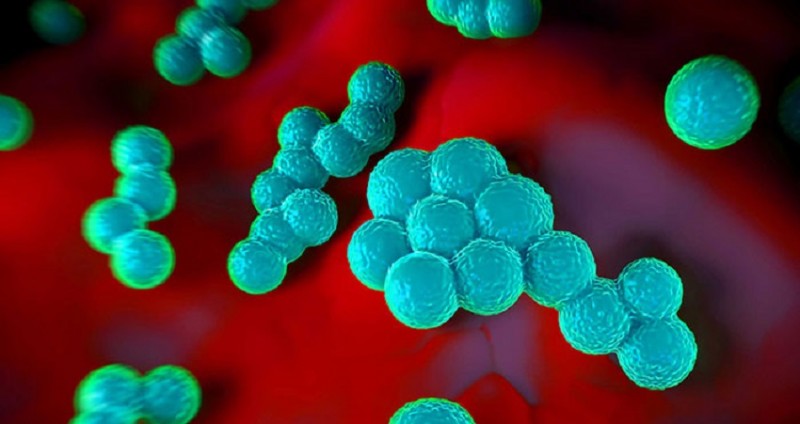
Toxic Shock Syndrome (TSS) is a rare yet severe medical condition triggered by a bacterial infection. It occurs when certain bacteria, most commonly Staphylococcus aureus (staph), release harmful toxins into the bloodstream. While TSS has historically been associated with superabsorbent tampon use during menstruation, it can affect anyone, including males, children, and individuals of all ages.
Causes and Risk Factors
The primary cause of TSS is the release of toxins by staph bacteria. These toxins can enter the bloodstream and cause a severe immune system reaction, leading to symptoms of TSS. Apart from tampon use, other risk factors include:
Effects of Toxic Shock Syndrome
The symptoms of TSS can vary widely and may include:
It's crucial to seek immediate medical attention if any symptoms of TSS are observed, especially if you have been using tampons or have an infection.
Prevention Strategies
Preventing TSS primarily involves reducing the risk of bacterial infections. Here are some preventive measures:
Avoid superabsorbent tampons: Opt for tampons with the lowest absorbency needed for your flow.
Toxic Shock Syndrome is a serious condition that requires prompt medical attention. While it is rare, understanding its causes, symptoms, and preventive measures is crucial for maintaining good health. By being aware of the risks and taking appropriate precautions, you can reduce the chances of developing TSS and ensure a safer, healthier lifestyle.
Read More:
THESE Five Simple Lifestyle Habits Help Keep Your Uterus Happy
Easily Accessible Five Foods That Help Treat Symptoms of Vertigo
These 10 Signs Show You Are Iron Deficient and How You Can Fix It
What's Gond Katira and Ways to Use It in Summers - Health Benefits of Gond Katira